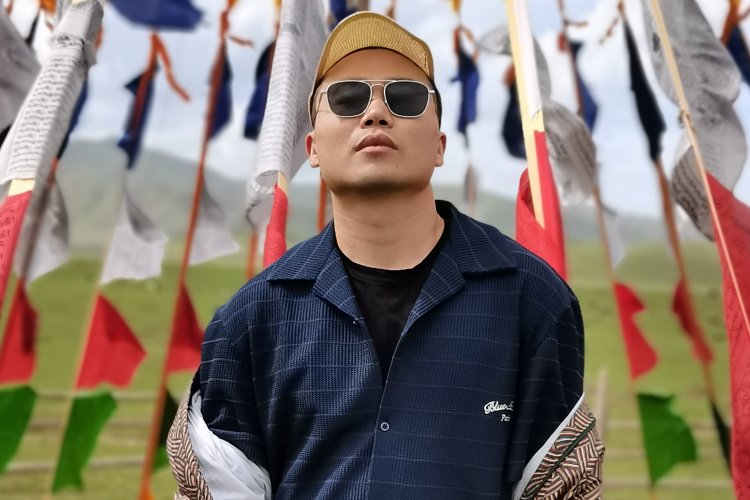Beijing's taxi drivers get new threads for the Olympics
When Olympic visitors begin to start streaming from the exits of T3 in the coming week, it's likely that one of the first Beijingers that many of them will meet is going to be a Beijing cab driver. Well aware of this, taxi drivers have been busy learning English and city authorities released a set of rules covering the behavior and appearance of Beijing's taxi driving gemen'r and jiemen'r. Late last week it was reported that come the Olympics, all of Beijing's taxi drivers will be required to wear the same uniform. Until now, each company had its own uniform, and drivers appeared to interpret this uniform in their own unique way. From Aug 1, cab drivers will also be required to wear the new uniforms pictured above. The clothes are provided free to the drivers, but they face a fine if they don't wear them.
The shifu that we got a ride with this morning wasn't so fond of the yellow shirts, he thought a light blue might have been better. He also predicted that the elastic dark blue pants might be a little uncomfortable for the city's more rotund drivers. To steal an analogy from recent reports about the uniforms that Chinese athletes will be wearing at the opening ceremony, the uniforms might be comparable to a plate of Muxurou or a Qincai Muer Jidan. It seems that it's not just going to be a temporary measure for the Olympics eithe, when the new uniforms were unveiled on Saturday, they also released details of a winter uniform.
According to an announcement from the city's Transportation Administration Bureau , starting from August 1, you'll be able to swipe your yikatong card in some of Beijing's taxis. They plan to install card reading devices in all of Beijing's 80,000 odd taxis, and drivers won't be allowed to refuse a customer who wants to swipe their card. The bureau has promised drivers that the money from the fare will be transferred to their personal bank account within three working days. This means that the yikatong can now be used to to make a telephone call from a public telephone, buy groceries at major supermarkets and corner stores and even to buy a ticket at some cinemas.
The translation devices that we reported about last year are expected to be installed in more taxis come August. Drivers are required to pay a 30 kuai/month service fee, but for drivers who haven't made as much progress as they'd hoped to with their English, it could be worth the cost.
Links and Sources
Dayoo.com: 8月起北京打车可用一卡通 车费3日内到账
Qingnet: 北京出租车司机“奥运职业装”亮相(image)






